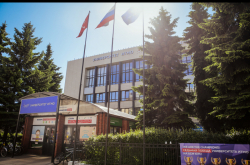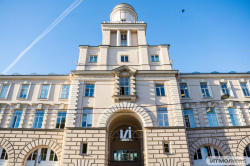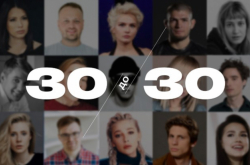ITMO University was once again recognized as the city’s best university, ranking three positions higher than St. Petersburg State University and four positions higher than Peter the Great St. Petersburg Polytechnic University. The first place in the nationwide ranking was taken by the Higher School of Economics, the second – by Lomonosov Moscow State University, and the third – by National Research Nuclear University MEPhI, which beat Moscow Institute of Physics and Technology, one of last year’s top three universities.
The magazine has been issuing its list of the country’s top 100 universities since 2018. This year’s version has introduced several changes to the methodology. The universities were ranked using four metrics: Quality of Education, Quality of Networking, Employers, and International Recognition – a metric that could grant up to 10 points and evaluated a university’s presence and position in three leading international rankings: QS World University Rankings, Times Higher Education World University Rankings, and Academic Ranking of World Universities.
ITMO University showed its best results in the Quality of Education metric, in which it ranks second among all universities. This metric is based on data from the Russian Ministry of Education and Science and included two parameters: quality of education and international activities. Just like last year, the quality of education was evaluated by assessing the level of lecturers’ salary (five points) and lecturers-to-students ratio (five points). Moreover, this year, Forbes added a new category that helps evaluate the staff capacity of a university – the percentage of young (under 40 years old) lecturers (five points). This parameter is especially important given the changes in approaches to education and the need to digitalize education. For evaluation of a university’s international activities, the magazine took into consideration the percentage of international students (five points), international lecturers (five points), and double-degree joint programs with international universities (five points). The International Internships parameter wasn’t taken into consideration this year.
“We are working on a system that would allow our students to grow at the university as efficiently and comfortably as possible. As a result, a talented student first becomes a talented researcher, and then – a talented lecturer who doesn’t feel burdened by students but is inspired by them. In the process of this growth, we provide our students with new connections in business and government. That’s how we lay the groundwork for future inventions and projects to be not only useful but also successful commercially,” says Daria Kozlova, ITMO’s First Vice Rector.
You can find the full ranking here (in Russian).




